
The Gabonese bank BGFI Bank Group S.A. opens a subsidiary in the Democratic Republic of Congo (DRC), called BGFIBank République Démocratique du Congo (BGFI RDC). The BGFI has branches in Equatorial Guinea, the Congo, Benin, Ivory Coast, Senegal, Sao Tome and Principe, Madagascar, Cameroon and France. Its shareholders in the DRC include BGFI Holding Corporation (60%), Gloria Mteyu – the sister of DRC’s President, Joseph Kabila – (35%) and several other Congolese individuals.
Francis Selemani Mtwale, foster brother of DRC’s President, takes over the Board of the BGFI DRC and becomes Chief Executive Officer of BGFI RDC.
Jean-Jacques Lumumba joins BGFI RDC.
Lumumba is appointed Head of the Credit Department. He starts to notice shady activities the following months.
Lumumba meets the CEO of BGFI DRC, Selemani to alert him of suspicious transactions, including for a Congolese company called EGAL and for the bank account of the Independent National Electoral Commission. Mr Selemani refutes any misbehaviour of the bank and orders Lumumba to stay quiet about the bank activities while threatening him with a gun.
Fearing for his life, Lumumba flees to Europe. He later learns that he was under surveillance from the national intelligence agency to prevent him from leaving the country.
Lumumba resigns officially from his job. Shortly afterwards, agents from intelligence agencies show up at his house but his family is already hidden elsewhere. His family later finds a way out of the country and meets him in Europe.
The Belgian newspaper Le Soir publishes an article on suspicious activities of BGFI DRC with the National Bank of Congo, the Independent National Electoral Commission and private companies. The article is largely based on internal documents disclosed by Lumumba to Le Soir which reveal how the bank is involved in corruption, illegal financing and embezzlement.
The American information outlet Bloomberg publishes a detailed article describing the stranglehold of the DRC President’s family on the economy and business of the country. The different members of his family have shares or control various companies in the mining and banking sectors or other lucrative activities. The article also relates to Lumumba’s story on the BGFI DRC wrongdoings.
US imposes sanctions on top DRC officials [See article]
The European Union imposes sanctions on key members of the Kabila regime. [Read more here and here]
PPLAAF begins working with Lumumba who had found a safe haven abroad.
Lumumba finds employment in the banking industry. He provides documents gathered during his employment at BGFI to PPLAAF. The latter begins to investigate bank transfers with investigative journalists at the Organised Crime and Corruption Reporting Project (OCCRP) and Le Monde.
The European Union imposes new sanctions against a further 9 people of the Kabila regime. [See article]
US government imposes targeted sanctions on specific people underpinning the Kabila regime including military chief of staff, the army and police. [Read article]
SELAMANI's reaction to LUMUMBA blowing the whistle about EGAL's banking activities was particularly violent. PPLAAF, then, opted to focus on EGAL bank accounts using two bank statements. Alongside OCCRP and Le Monde, PPLAAF used forensic researchers to discover a network of companies and businessmen closely associated with Kabila and integrally embedded in his ventures.
Two bank statements from a Congolese company called Entreprise Générale d'Alimentation (EGAL) are particularly relevant as mass flows of money are sent out of the country.
EGAL is meant to be a company specialized in the production, transformation, transport and conservation of alimentary products, including from the fishing industry.
According to the 2014 report of EGAL’s auditors, EGAL enjoys tax exoneration for its imported products:
EGAL is administered by a board composed of:
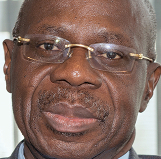
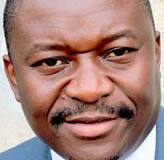
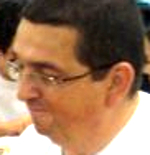
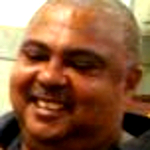
WAN and PIEDBOEUF are involved in opaque companies worldwide.
According to EGAL’s bank statements, the company has no income (however the company has bank accounts in two other banks), except from loans given by the bank and by the Central Bank of DRC:
EGAL bank statements show where the company wires money. Most of the expenses are paid to companies abroad:
Between July 2013 and July 2015, EGAL sent to this company $22,770,970.
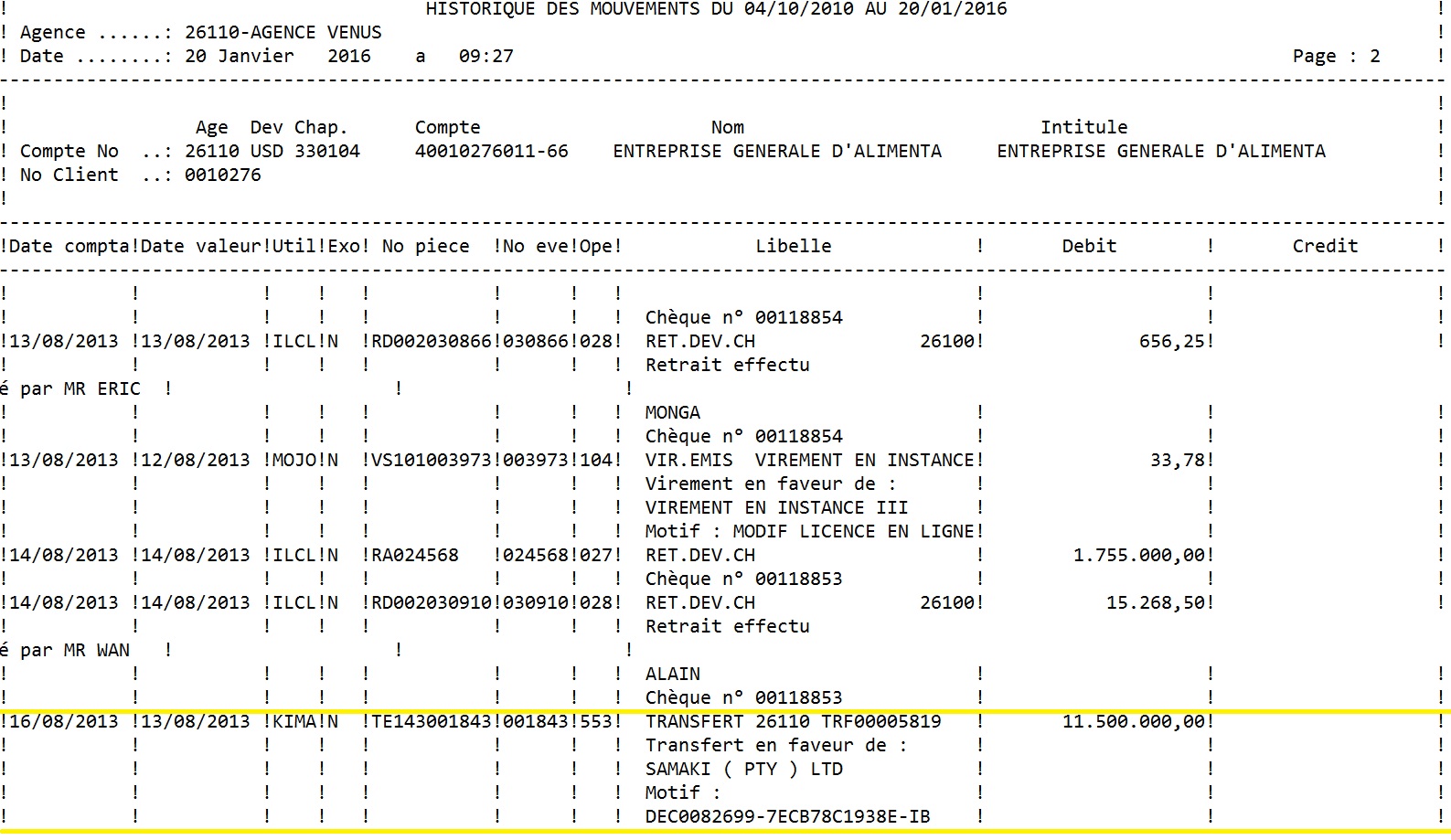
This company is based in Windhoek, Namibia. The Board of Directors include powerful Namibian business women and men, and people from EGAL or KABILA’s inner circle. According to Samaki registration document, all of them except the last one, were appointed on July 17th, 2013 (same month as the creation of EGAL):
SAMAKI is meant to sell to EGAL horse mackerels, but vessels used by EGAL also transport other goods, such as wild animals. [SAMAKI Registration document]
Between July 2013 and July 2015, EGAL wired to this company $9,975,716.
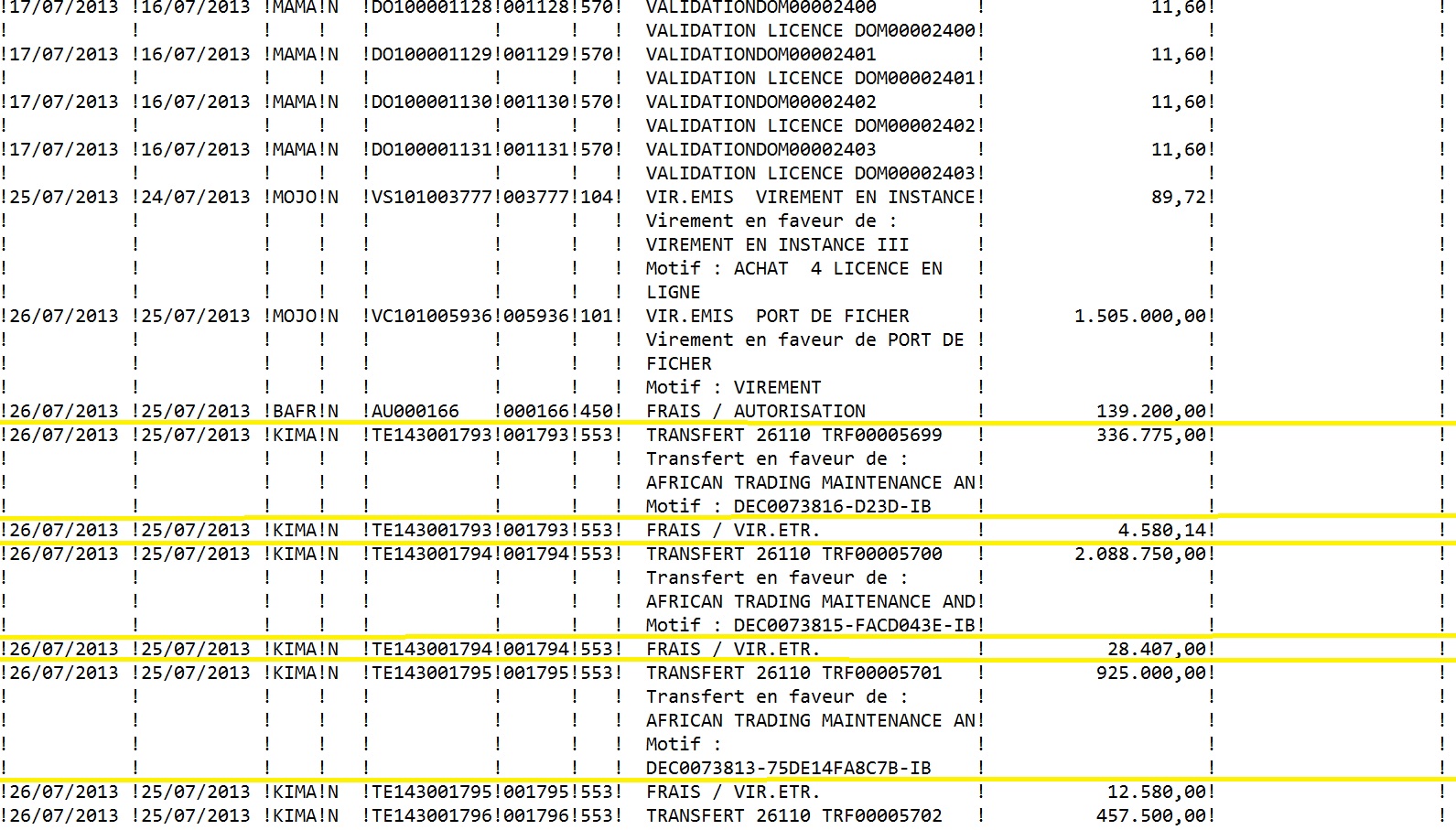
This company was incorporated on April 18th, 2012 as a Private company in Hong-Kong (registration number 1731179).
The directors of this company are:
Both are shareholders of the company, also with Marc PIEDBOEUF.
[ATMD Registration document]
PPLAAF did not manage to gather more information on the activities conducted by this company.
Between July 2013 and July 2015, EGAL wired to this company $4,989,424.
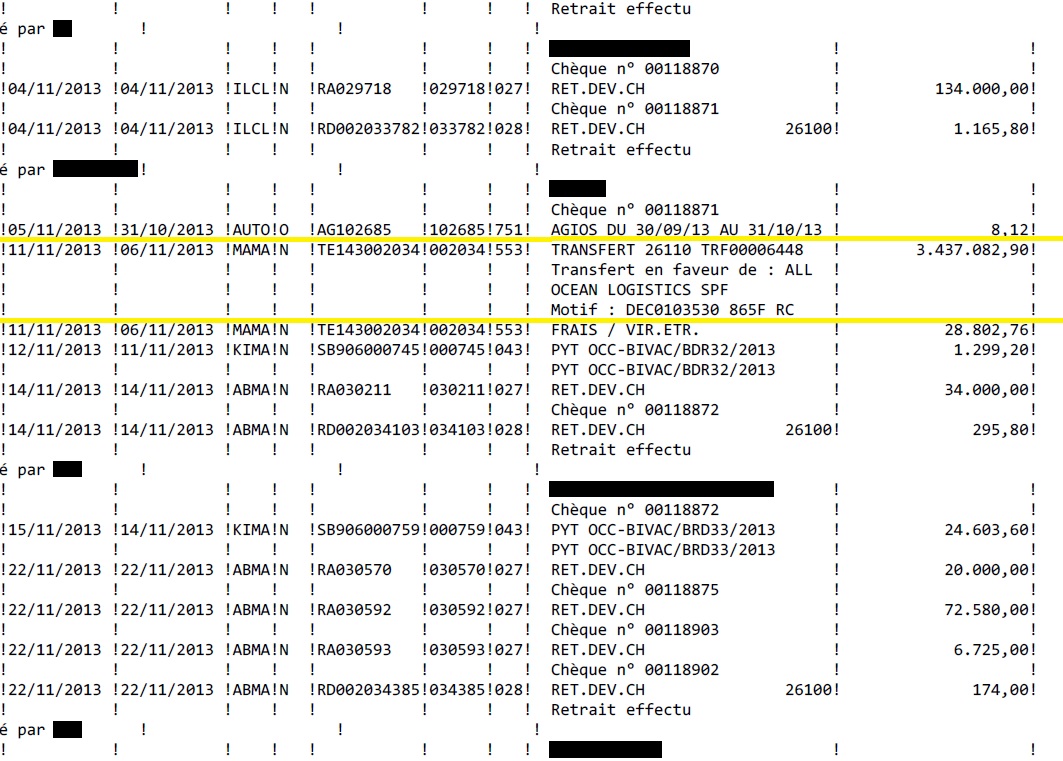
This company is incorporated in the Faroe Islands (Undir Bryggjubakka 21, 110 Torshavn, Faroerne). The manager of this company is André, Grégory WAN (born in 1983), Alain WAN’s son. His registered address is in Belgium.
This company owns EL NINO, a container vessel with refrigerator capacity, is used by EGAL to import fish from Namibia. The boat frequently moves between the Boma harbor (DRC) and Walvis Bay (Namibia). It also goes once a year in the Netherlands.
[AOL Registration document]
Considering the intensive presence of PIEDBOEUF and WAN, PPLAAF and its partners decided to conduct investigations on their companies.
Alain Wan and/or Marc Piedboeuf have shares in several Congolese and foreign companies;